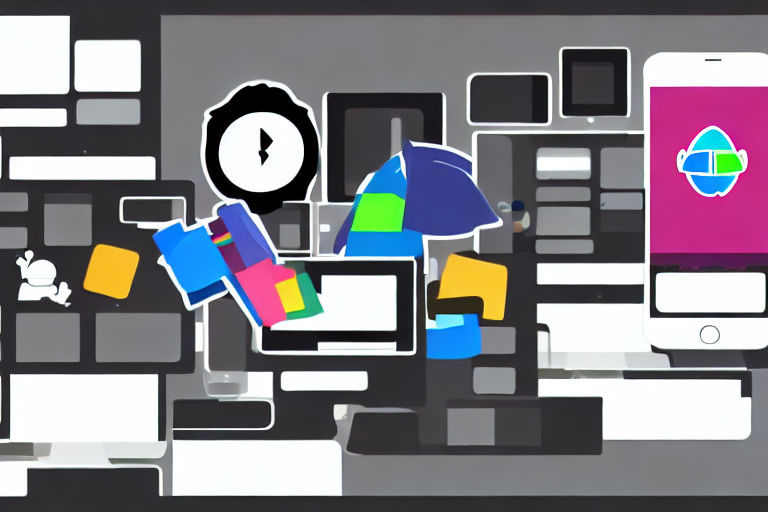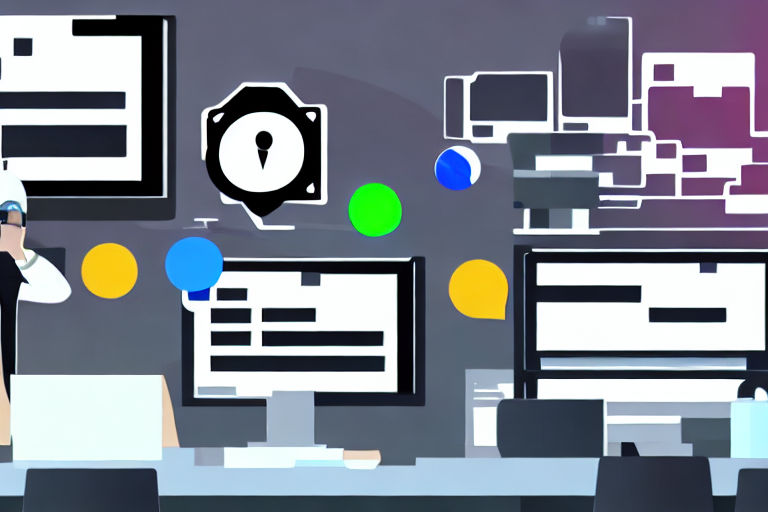Kotlin vs. Java: Which Language is Best for Android Development?
There has been a fierce debate going on in the Android development community about whether Kotlin or Java is the better language for developing Android apps. Before we get into that, let's take a brief look at both of these programming languages and their history.
Java
Java is a popular programming language that has been around since the mid-1990s. It was developed by James Gosling and his team at Sun Microsystems. Java was designed to be portable and platform-independent, which makes it an ideal choice for developing cross-platform applications.
Over the years, Java has been the official language for Android app development. It was the go-to language before Kotlin came into the picture. Java has a large community of developers who have created tons of libraries, frameworks, and tools that make Android app development much easier.
Kotlin
Kotlin, on the other hand, is a relatively new programming language compared to Java. It was developed by JetBrains, the company behind the popular IntelliJ IDEA IDE. Kotlin was designed to overcome some of the limitations of Java and make Android app development more streamlined and less verbose.
Kotlin is interoperable with Java, which means you can use Java libraries and frameworks in Kotlin, and vice versa. This is one of the biggest advantages of Kotlin over Java. Kotlin also has some amazing features like null safety, extension functions, and many more, which make it a better choice for Android app development.
Now, let's look at some of the differences between these two languages and compare them.
Syntax
One of the most significant differences between Kotlin and Java is their syntax. Kotlin syntax is much more concise, which means you can write the same code in Kotlin with fewer lines than in Java. This is because Kotlin has eliminated a lot of boilerplate code that is present in Java.
Here's an example:
Java
public class MainActivity extends AppCompatActivity {
@Override
protected void onCreate(Bundle savedInstanceState) {
super.onCreate(savedInstanceState);
setContentView(R.layout.activity_main);
}
}Kotlin
class MainActivity : AppCompatActivity() {
override fun onCreate(savedInstanceState: Bundle?) {
super.onCreate(savedInstanceState)
setContentView(R.layout.activity_main)
}
}As you can see, the Kotlin code is much cleaner and concise compared to Java.
Null Safety
Null safety is a crucial feature in modern programming languages, and Kotlin has it built-in. In Java, NullPointerExceptions (NPEs) are a common problem and can be tough to debug. Kotlin's null safety feature eliminates NPEs at compile time, which makes your code more robust and bug-free.
Interoperability
Kotlin is interoperable with Java, which means you can use Java libraries and frameworks in Kotlin, and vice versa. This is a significant advantage of Kotlin, as it allows you to leverage the enormous Java ecosystem while still benefiting from Kotlin's features.
Performance
Performance is always a crucial factor in app development. When it comes to performance, Kotlin and Java are similar, and there are no significant differences between them.
Conclusion
So which language is best for Android development? The answer is that it depends on your preferences and requirements. Both Kotlin and Java are excellent languages for Android app development, and they have their pros and cons.
If you're looking for a more concise and streamlined language with better features like null safety, then Kotlin might be the better choice for you. On the other hand, if you're more comfortable with Java and already have experience with it, then sticking with Java might be the safer option.
In conclusion, both Kotlin and Java have their unique strengths and weaknesses, and it's up to you to choose the one that suits your needs best.





